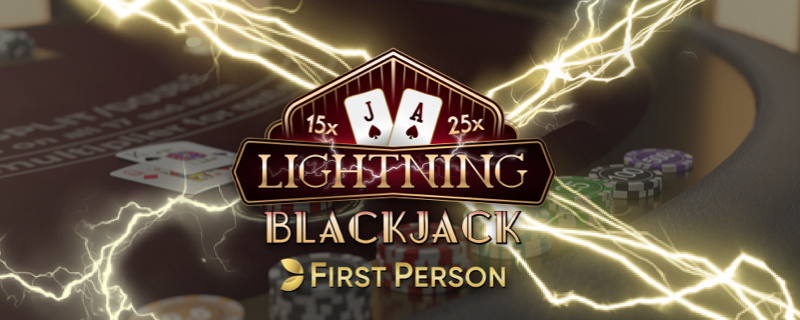GRAND NATIONAL: Check out our guide on how best to approach picking your Grand National winner ahead of Saturday’s showpiece.
How to solve the Aintree Grand National
The Grand National is often described as the ‘housewives favourite race’ as everyone likes a bet on the National. For those that do get involved on the famous Saturday in April each year they also seem to readily accept claims that the National is the equivalent of a lottery, and not just because the very first winner of the Aintree showpiece was won by a horse called Lottery in 1839!
With a big field to study and so many fences to jump, the chances of a luckless fall or unseating are naturally greater than your run of the mill 7 runner chase at Kelso. The way the National fences have been simplified over recent times and with the standard of class in runners rising continually, this is really becoming a bit of an old wives tale rather than a fact that punters should be wary of.
These days the fences look more intimidating than they are, with soft centres, levelled landing areas and perfect ground, which make for a wonderful spectacle and a safer test. With these changes have come classier horses and a greater standard of contest.

What trends should you look for ?
Age
Age is important, since 2003 only three horses aged 8 were victorious, one of them dual winner Tiger Roll and all of them recently but this is a race for the older generation with 9, 10 or 11yos claiming a massive 14 Nationals since then. Cross off 7yo’s from the list as that group haven’t landed this race since 1940!
- The Grand National winner is almost certainly going to be between 8-11 years old
Weight
The weight matters when assessing a Grand National winner, the extreme of distance requires a certain level of stamina that can easily be sapped by too much lead in the saddle from the handicapper.
Since that same year 2003, we have seen the winner’s weights rise with the similar increase in the standard of the race and the easing of the difficulty of the fences. The bracket is still pretty tight in terms of what is ideal though, with extremes ruled out at the bottom and the very top of the weights.
- The Grand National winner is almost certainly going to be carrying between 10st 6lb and 11st 6lb
Form
Course form at Aintree is important, doesn’t have to be over the National Fences although that is an added bonus but a horse that has been to Aintree before is at an advantage based on previous results.
- The Grand National winner is almost certainly going to have previously run at Aintree
Experience
The same can be said for experienced horses with a total of 10 chase runs considered a minimum, and a 3m win on the CV a given for a horse that can win the National. Only one horse in recent times bucked this trend and that Rule The World but with a second place in the Irish Grand National and loads of top level experience the basis for the requirement stands true.
- The Grand National winner is almost certainly a chase winner over 3m and has 10+ chase runs in their career
Conditioning
It is very hard to win the Grand National with a light campaign in the same season. Getting to the day in perfect condition seems to require at least 3 runs in the same season. It may be a mixture of hurdles, cross country, chasing etc but the chances of winning the big race with just one or two runs beforehand are slim based off recent years’ results.
- The Grand National winner is almost certainly having their fourth run or more of the season
Price isn’t that important – the betting for the biggest race of the year often takes an odd twist, familiar names return, previous winners have big followings, and the market is filled with less informed money than any other race of the season. A quick glance at the BETDAQ starting prices returned from the exchange for the last two renewals show Tiger Roll was returning the same price with the high street layers, but the likes of the placed horses Magic of Light 226.0 and Bless The Wings at 96.0 were huge in comparison.
Don’t be afraid of a big price if it meets some of the most critical criteria, and don’t forget to check the exchange odds on the BETDAQ exchange to get a final leg up in terms of value.
If you can find a horse that is…
- Aged between 8 and 11 years old
- Has ran over fences 10 times or more
- Has won a chase over 3m
- Has run at Aintree before
- Has had at least 3 runs that season already
- Is carrying a racing weight of between 10st6lb and 11st 6lbs inclusive
Then you are narrowing the Grand National field from the traditional lottery to a very solvable puzzle. It is probably the greatest 9 minutes or so of sport you can watch, and even better if you are in with a chance at the elbow on the famous Aintree course.









